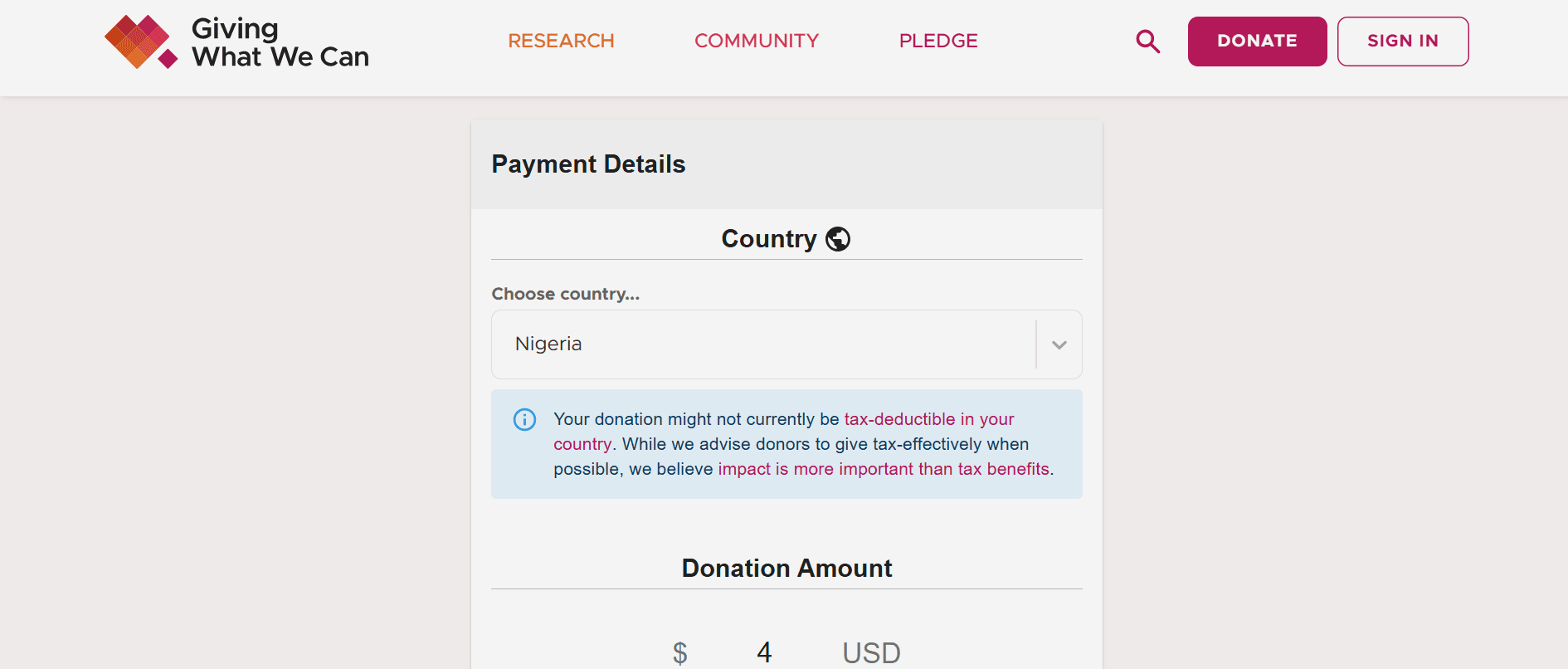Most people involved in effective altruism want to be inclusive. However, some people think the community can feel exclusive to people who are 'average'. It seems like a decent number of people feel discouraged when they try to move from medium to high engagement with Effective Altruism. Why do people feel this way? To be clear I mean ‘inclusive’ in a broad sense: Can people who want to become involved in the community do so in meaningful ways? Will they feel included?
A very large percentage of EA funding comes from one couple. Estimates suggest that Dustin Moskovitz and Cari Tuna plausibly account for over half that over half of total EA funds. Wealth is quite concentrated in most countries. So it seems more tractable to try to influence large donors even though the average American household donated a few thousand dollars last year. I endorse the common advice to focus on absolute impact. But even a small probability of influencing a large donor is worth more expected dollars than most people can realistically donate. One promising initiative is Founder's Pledge but there is still a limit to how many people can justify founding a startup.
The EA community is clearly trying to expand its influence in academia. This is probably a sensible strategy. This analysis suggests it worked well for the 'neoliberal' movement. However, it is not the easiest project to contribute to. Getting any sort of academic position is very difficult. And academic prestige is quite hierarchical; top schools are much more influential (though there are some interesting outliers like George Mason).
The EA community also tends to promote a very conservative approach. For example, EAs have been warned not to rush to translate material. It does seem reasonable to be worried about lock-in and EA concepts can be hard to translate. Lock-in risks have also been raised with respect to founding EA groups. Though it seems like forming student groups is still heavily encouraged. If you engage a lot with effective altruist literature you will absorb a message that it is important to get many things right the first time.
It is worth explicitly asking why the community even wants to be inclusive. Jane Street Capital is not very inclusive. The vast majority of people who want to work there cannot. Some people I have spoken to feel that EA is trying to solve hard problems and those problems are basically unrelated to inclusion. If you accept fewer warm fuzzies you can get more done. In their view, it is basically a category error to even consider inclusion except insofar as inclusion helps solve the hard problems. How can we reply to them on their own terms?
I think there are a few instrumental reasons to focus on feeling inclusive. It is genuinely difficult to know who is going to be in a position to help or put in an important good word. We don’t know which perspectives will turn out to be influential. Being exclusive destroys serendipity. Weak ties are less likely to help if the community is perceived as discouraging. It is very bad for the movement if the wrong people drop out because they or their friends feel unable to contribute. We don’t want to reduce our exposure to tail windfalls.
I think there are structural problems and no easy answers. But if the community is going to emphasize strategies that are hard to contribute to then we should consider ways to mitigate the downside. Are there straightforward and low-risk ways to get involved that we should promote more. Should we re-consider some decisions like de-emphasizing earning to give and reducing the size of EA global? Donating money is relatively accessible compared to many alternatives. I am sure there were sensible reasons to reduce the size of EAG but many people I know were hurt when they could not attend. I am not suggesting to prioritize inclusion over everything else, but I do think we should weight it more heavily when making tradeoffs and considering funding decisions.



